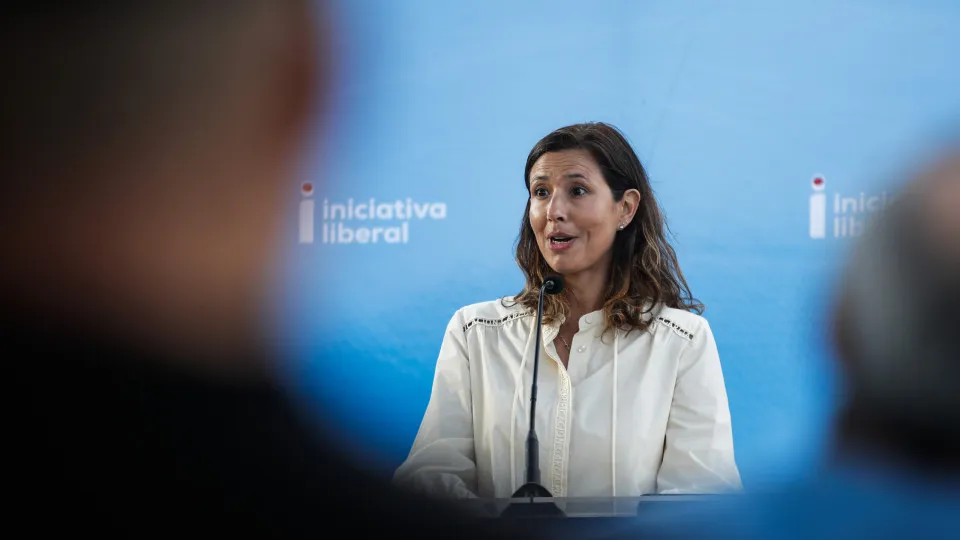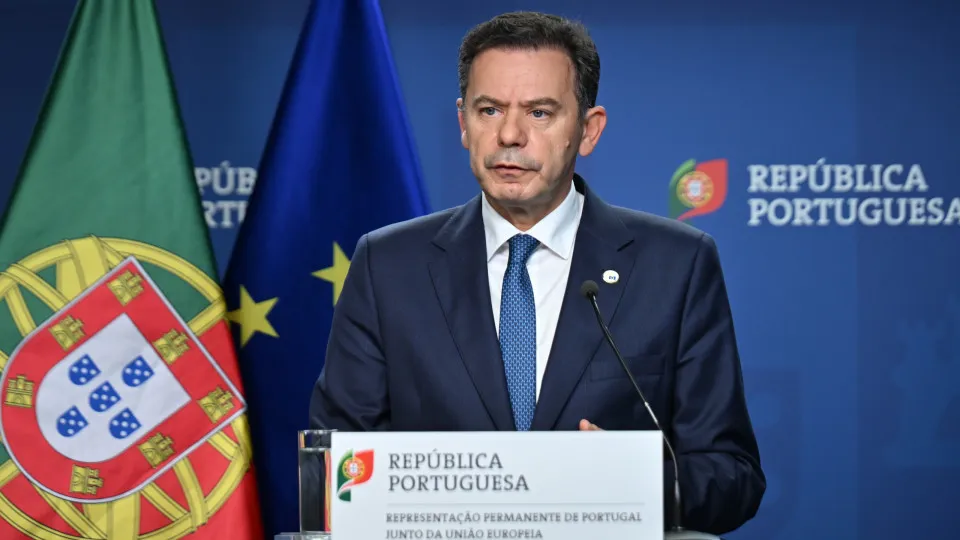
In a conference marking the 46th anniversary of the Polytechnic Institute of Coimbra, Mário Centeno highlighted that 12 million jobs were created in the euro area following the pandemic, from the second quarter of 2020 to the first quarter of this year. The euro area is comprised of 20 European Union (EU) member states.
“The powerful concept behind this enormous success of our economies and societies is a phenomenon of labor and people mobility. Without it, Europe has no future, and neither does Portugal,” stated the economist and former Finance Minister.
Moreover, in Portugal, nearly two-thirds of the production increase over the last five years is attributed to the rise in labor and people mobility, added the governor of the Bank of Portugal.
“Without this mobility, we would have lost two-thirds of the economic growth,” added Mário Centeno.
Discussing the labor market further, Centeno noted that salaries paid in Portugal have almost doubled over the last ten years: “It’s almost a statistical vertigo to realize that in ten years we achieved what took 900 years of history,” he observed.
“Much of this is due to employment growth, which increased by almost 40%, while the rest is due to rises in the average salary. Why did the average salary in Portugal rise so extraordinarily? Yes, the minimum wage increased, but more importantly, we improved our qualifications like never before in our history,” stressed Mário Centeno.
He also pointed out that the most dynamic sectors contributing to these figures “are those paying above-average salaries,” excluding, for example, the tourism sector.
“It’s not tourism, but scientific, information, communication activities, and the most dynamic industrial sectors in terms of qualifications that have significantly contributed to this evolution,” he remarked.
In what might have been his last public speech before ending his term as head of the Bank of Portugal on the 19th, Centeno shared additional data, recalling that between 2008 and 2014 (a period corresponding to the global financial crisis and the ‘troika’ intervention in Portugal), investment in housing construction in Portugal fell by 83%.
During those five years, he added, the same sector saw its production decrease by about 60%.
“It’s an enormous challenge we face, but being in a university and having some academic spirit, I must say it is a good challenge,” emphasized Mário Centeno.




